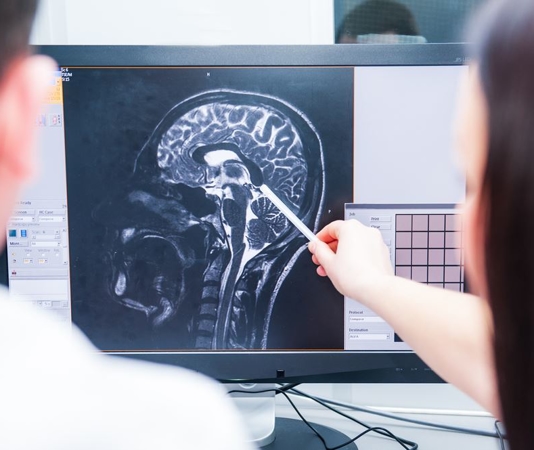Traumatic brain injury (TBI) is a common cause of disability, often resulting in functional impairments that may include difficulties with driving, an essential aspect of everyday life for many individuals. Studies have shown that individuals who are unable to drive after a TBI have worse outcomes in terms of occupational status, emotional distress, and life satisfaction. As such, regaining the ability to drive is an important goal for many TBI patients and a critical component of their overall quality of life.
To gain a better understanding of driving difficulties after TBI, a team of researchers conducted a study that investigated perceived barriers among adults with TBI who never returned to driving or returned to driving and stopped. They surveyed 174 individuals with moderate-to-severe TBI for barriers to driving and considerations in returning to drive. They found that:
- No participants were currently driving, but 40% had attempted to drive after TBI, and the median time to have attempted and stopped driving was 12 months.
- Physical abilities, opinions of healthcare providers, and the need to drive were the most common influences for returning to drive.
- Individuals’ perceptions of driving barriers were associated with psychosocial outcomes, including overall life satisfaction and depression.
- Participants with low levels of disability experienced the most distress compared to those with moderate and severe disability.
The results of this study suggest that individual perceptions of driving barriers are associated with psychosocial wellbeing following moderate-to-severe TBI. Clinicians should be aware of individuals at risk for distress and disruption of functionality goals related to driving during rehabilitation. The study highlights the importance of addressing barriers to driving as a key factor in TBI recovery and rehabilitation.
Sanders G, Rapport L, Marwitz J, et al. Barriers to driving and psychosocial outcomes after traumatic brain injury. Brain Injury. (January 2023).

